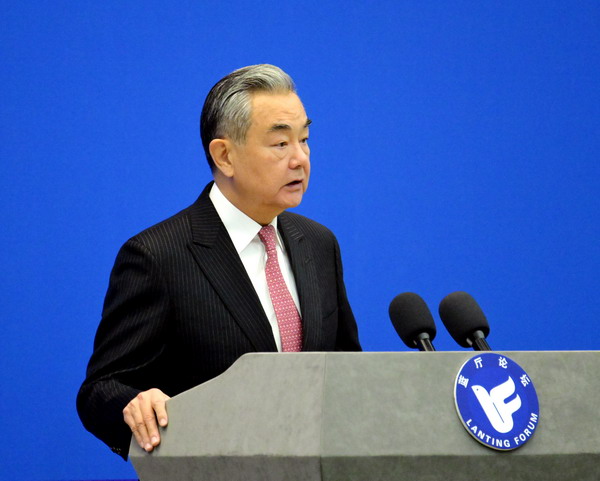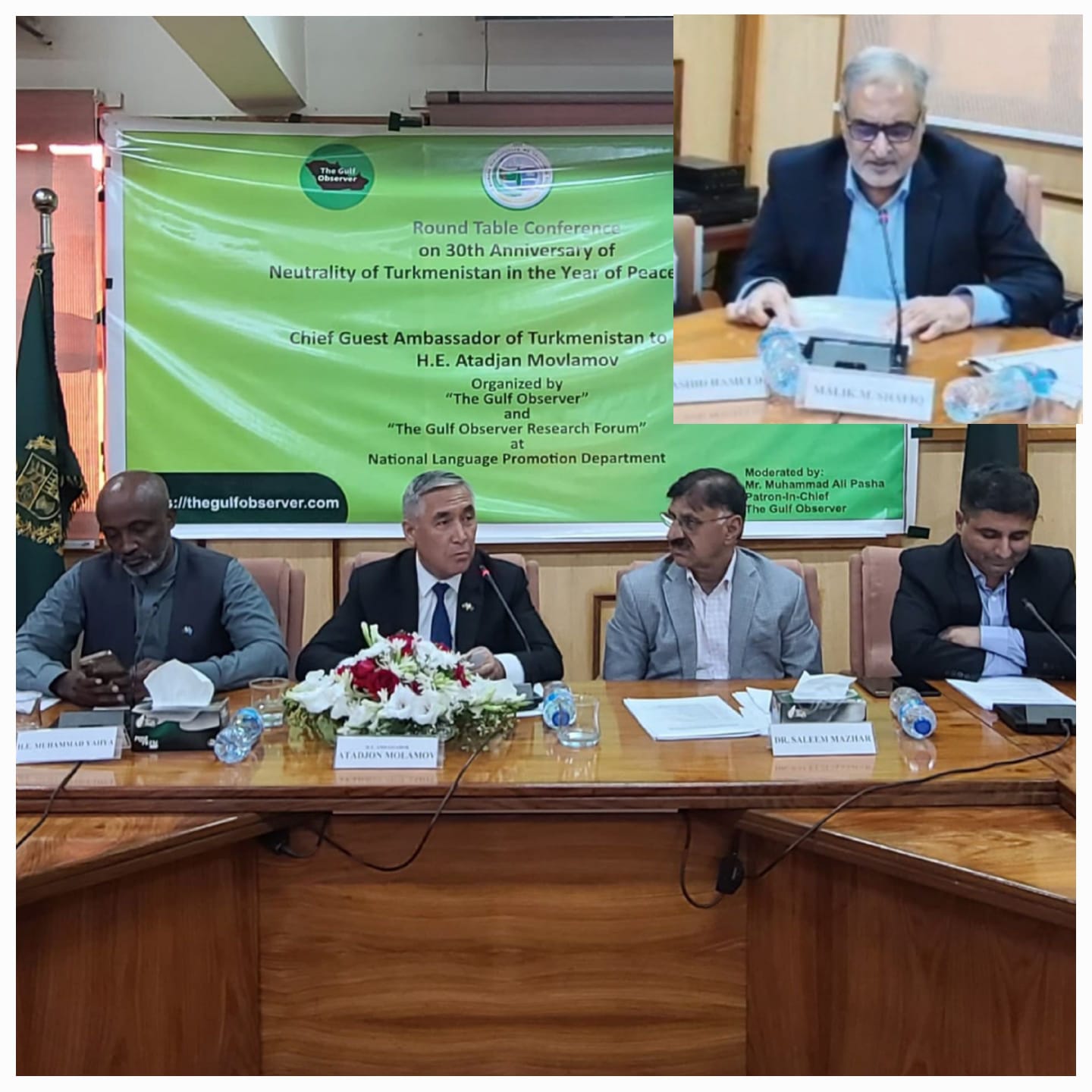The digital transformation of the healthcare sector is a growth that has gained momentum in Kazakhstan in conjunction with the current practice promoted on the national levels under the Digital Kazakhstan program launched in 2018. Its aims universal care accessibility, the involvement of smart technologies, transparent supply chain with a skillful workforce. Digital health reaps approximately US $171 million almost the mid-2025, with the assumed CAGR of 7.9 percent until 2029. I have addressed positive impacts in eight categories namely: policy framework, national infrastructure, digital platforms, capacity development, private sector engagement, telehealth, supply chain systems, and future directions in my article.
National eHealth Strategy
The first national eHealth strategy of Kazakhstan was carried in 2013 with a subsequent version from 2026-2019, which involves the development of an integrated data ecosystem was:
- Standardization and harmonization of technical standards like (HL7, SNOMED and open APIs).
- Making the Republican center of electronic health the authorized managing body (2024).
- Introduction of a national interoperability platform and unified EHR concept on the basis of OTP based access to clinicians.
- Acts to decrease system fragmentation between states and private systems, and integration of electronic prescription with effect Nov 2024.
Digital initiatives are reinforced by new regulations and modifications – in 2024 more than 200 legal changes are going to optimize the network of polyclinics and chronic disease clinics and introduce the train in of multidisciplinary care and digital labelling of medicine; free cancer screening, united state funding of cancer and other socially significant conditions.
Integration with e‑Government
E Government (eGov.kz) has digitalized more than 92 percent of its government services and provides more than ~1,200 services on web and mobile, such as healthcare modules to book appointments and triage of symptoms. Appointment scheduling is available using the self-service and Chatbot.
Damumed
Damumed, which covers almost ~85 percent of healthcare organizations, has been interconnecting electronic prescriptions and merging with government systems. A single platform is likely to combine 8-10 systems into one “medical history” center in 2025. Continuity of care, reduced duplicate testing and proactive interventions are possible due to real-time access to the patient information.
Dodoc.kz and HealthCity, SmartHealth
- The NS Digital launched Dodoc.kz, which offers teleconsultation, digital records, appointment booking, reminder of medications, and health education. There are plans being made to diagnose with the aid of AI.
- HealthCity / SmartHealth is a combination of online diagnostic tools (Symptoms Online) in the Kazakh, Russian, and English languages with large-scale telehealth services.
- Supporting the Integrated Digital Health Transformation program (2023) carried by the UN, a national strategy, the secretariat, and the mapping of investments were aimed at improving the governance of digital health.
Digital Literacy
Medical workers are taking digital skills training through a mix of information technology and clinical practice. In 2023, a MOH-WHO roundtable advocated digital literacy, telemedicine, AI analytics and interdisciplinary curriculums in medical curriculums. As pointed out by Vice Minister Ospanov, the need of digital competence among the professionals is burning because of the poor integration of many systems so far.
The younger generation of Kazakhs has adopted the digital version of healthcare whereas the older generations are neither familiar nor comfortable with the process. The Ministry intervenes through the outreach to the people and promoting data privacy to instilling confidence in digital health. The mobile literacy has also increased due to telematics programs like the Kcell Teaching Program on Digital Life.
Remote care and Telemedicine
- Dodoc.kz telemedicine services help lower the need of going to clinics in case of minor illness.
- Symptom checking and triage in non-hospital settings can also be offered with SmartHealth apps.
- SMILE logistics platform of UNDP and MoH assists in ensuring the delivery of medications used to treat chronic illnesses, improving access to remote care.
- Modernization of polyclinics and rural clinics distribute basic services in remote corners with support by digital technologies.
Digitization of Supply Chain and Pharma’s
- The blockchain-based tracking mechanism in digital medicine that comes out in mid-2024 is combating fake medicines and enhancing visibility in the supply chains.
- The QR coded social wallet enabling free drugs is issued in 724 clinics through traceable issuance of drugs.
- Real time tracking and logistics prediction have become real in the procurement of essential medicine under the SMILE inventory tool that is spearheaded by UNDP.
Hospital Infrastructure
By 2027, the 20 new multidisciplinary hospitals will be provided through public-private partnerships, funded by Pfizer, AstraZeneca, Roche, GE Healthcare and the World Bank investments. This augments or adds onto the rural modernization initiative which involves 32 district hospital modernizations, and 655 primary care units.
Technology and AI
Kazakhstan in July 2025, Kazakhstan launched a national AI supercomputer cluster (Tier III data center) within the Ministry of Digital Development, whose focus was on AI-driven healthcare innovation. Digital health inclusion is supported by The National AI Development Concept (2024-2029).
It is notable that, first in the post-Soviet space, robotic surgery bases and AI-assisted oncological services, located in the Presidential Medical Center are increasing the level of advanced clinical practice.
Public Health Metrics
- Prenatal screening reduced by 15 percent in maternal mortality and 5.2 percent in congenital disability with the help of the digital One Day Clinics.
- More than 400 patients who had been treated by Gamma Knife radiosurgery in the Semei center.
- This redistribution of regular tasks and responsibilities to nurses and EHealth has streamlined 1,000+ standards and minimized non-essential primary care encounters.
Economy and Market Expansion
- The revenues in the digital health market increased to US 171 million in 2024 and they are expected to hit US $250 million in 2029.
- It is dominating by Telemedicine and mHealth, increased ARPU, and developing FinTech and AI spheres.
Various Startups
Astana Hub is home to more than 1,300 startups attracting the world innovators such as Telegram and nurturing digital health-focused projects through accelerators such as Silkway.
Global Partnerships
- The adoptions of infrastructure and technologies are driven by partnerships with Philips, Medtronic, Pfizer, AstraZeneca, GE Healthcare, Roche, and World Bank.
- WHO/Ministry partners funded by EU contribute to the development of education and workforce.
- Cross-national investment in healthcare innovation is offered by Eurasian Development Bank Digital Initiatives Fund.
Challenges
Besides obvious successes, Kazakhstan still solves a couple of challenges:
- System integration and interoperability: Damumed is still transferring data on several platforms; consolidation of 17 systems are underway.
- Digital literacy gap: Continued educational programs concerning the aged citizens including rural user must be maintained.
- Data security issues: Trust-building is attained through a secure OTP, blockchain dialog, and compliance with the global cybersecurity standards.
- Job-readiness: Up-skilling in this rapid-changing technological world requires an up-skilling in only a large-scale manner especially as far as the issue of AI is concerned.
Future Outlook
- Artificial Intelligence Driven Health Care: Findings of AI-Assisted Disease diagnostics, personalized medicine and analytics-based prevention systems that are currently piloted in Kazakhstan with the online presence of the AI supercluster will be supported by the corresponding draft laws and external advisory agencies and organizations.
- Blockchain and Secure Health Data: National pilots are driven by globally recognized successful stories (including SSHealth blockchain patterns) and are expected to use safe patient data exchange, drug track and anti-adulteration transactions.
- Rural and Community Health: The continuous expansion of rural clinics, electronic access to a doctor booking, and mobile health teams are expected to remove the disparities in the last mile problems.
- Investment and Policy Roadmap: In addition to the UN Joint SDG Fund program (2023), an envisaged National Digital Health Secretariat and the creation of an investment case design of sustainable financing of digital health, further expansion of eHealth governance is expected. Out-of-pocket costs are also minimized by financing the reforms that ensure that tariffs of childbirth and chronic services are optimized.
Conclusion
Digitalization of healthcare in Kazakhstan is a complex national project that rests on modernizing the state infrastructure (eGov, EHR), empowering digital platforms (dodoc.kz, SmartHealth), consolidating supply chains (traceability, supply of medicines) and creating digital capacity, and building high-tech infrastructure (AI clusters, robot surgery). The positive impact is supported by the outstanding healthcare advantages, namely the decreasing maternal mortality, enhanced disease detection, and equal access.
Public-private alliances, foreign funding, and a raging ambiance of the startups serve to maintain momentum. In spite of the existing obstacles there continue to be challenges in digital literacy, data interoperability and workforce training the strategic path ahead in the nation has been very clear and it is likely that the same would see an improvement.
As a result of simultaneous changes in the fields of policy, technology uptake, capacity building, and investment, the transformation looks beyond efficiency, and toward equity, high-quality, predictive, and patient-centered care by 2030.

Mr. Muhammad Ali Pasha is a “Foreign Affairs Expert”. Furthermore, he is a author and poet.
Note: This article is the intellectual property of the writer. If any content will be republished without the consent of author then it will be consider as forgery and fraud.









